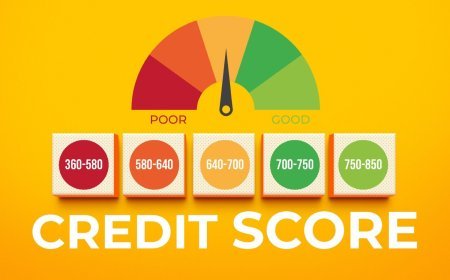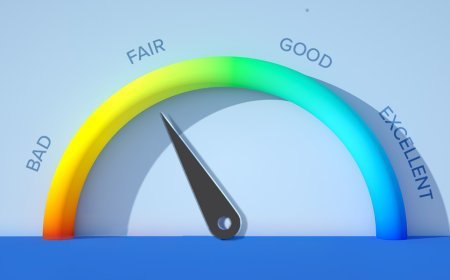The Debt Consolidation Trap That Makes Things Worse
Learn why debt consolidation often fails and discover better strategies for managing multiple debts effectively.

Debt consolidation is heavily marketed as a solution to debt problems, but it often makes situations worse by addressing symptoms rather than causes. Here's why consolidation fails and what works better.
Why Debt Consolidation Often Fails
Consolidation doesn't reduce total debt, just reorganizes it. Common problems: people run up new debt on cleared credit cards, longer repayment terms increase total interest paid, and fees and costs can exceed benefits.
The underlying spending and budgeting problems that created debt remain unaddressed.
When Consolidation Makes Sense
Consolidation can help when: you get significantly lower interest rates, you need simplified payments for organization, or you're disciplined enough not to accumulate new debt.
Best candidates have: stable income, commitment to not adding new debt, and clear plans for paying off consolidated debt faster.
Types of Debt Consolidation
Personal loans: fixed rates and payments, but may have higher rates than current debt. Balance transfers: 0% promotional rates, but revert to high rates later. Home equity loans: lower rates but put your home at risk. Debt management plans: lower rates through credit counseling, but impact credit scores.
Better Alternatives to Consolidation
Debt avalanche method: pay minimums on all debts, extra on highest rate debt. Debt snowball method: pay minimums on all debts, extra on smallest balance. Negotiation with creditors: request lower rates or payment plans directly.
These strategies address debt without adding new loans or fees.
The Root Cause Solution
Successful debt elimination requires: creating a budget that prevents new debt, building an emergency fund to avoid debt for unexpected expenses, and increasing income or reducing expenses to accelerate payoff.
Focus on changing the behaviors that created debt rather than just reorganizing existing debt.
What's Your Reaction?
 Like
0
Like
0
 Dislike
0
Dislike
0
 Love
0
Love
0
 Funny
0
Funny
0
 Angry
0
Angry
0
 Sad
0
Sad
0
 Wow
0
Wow
0











































